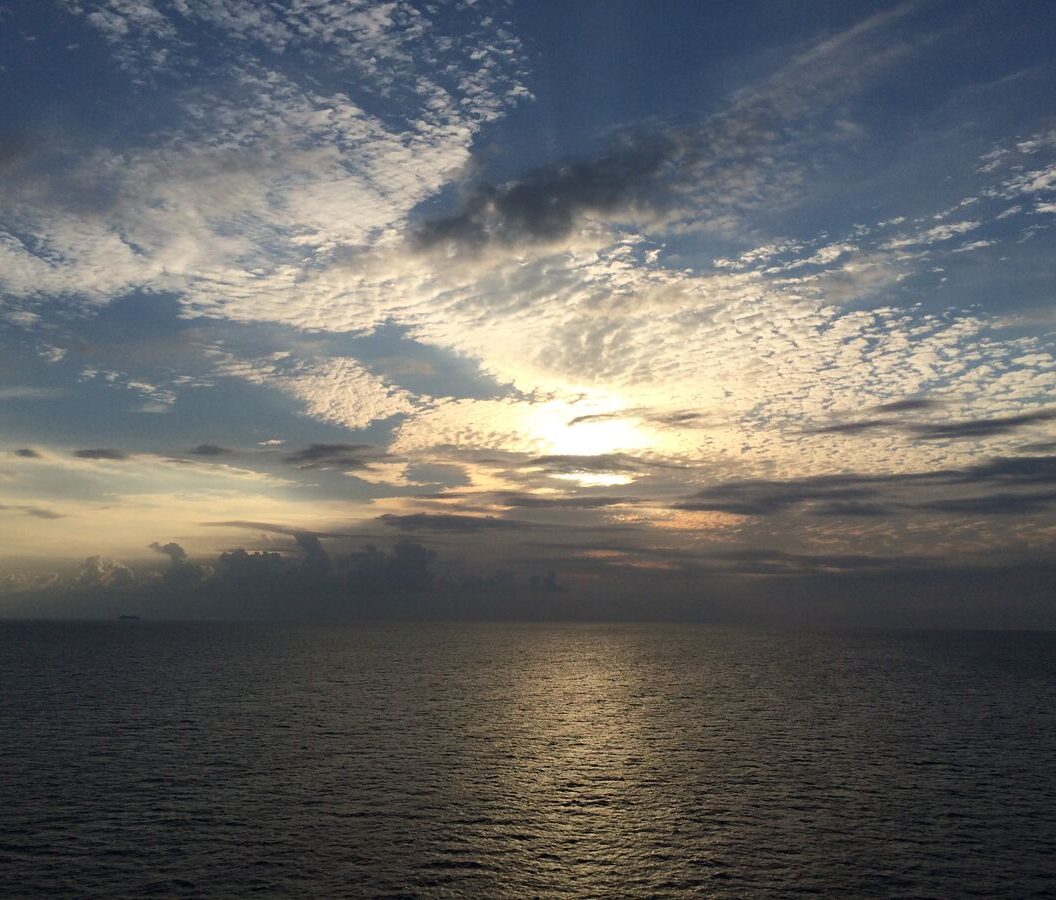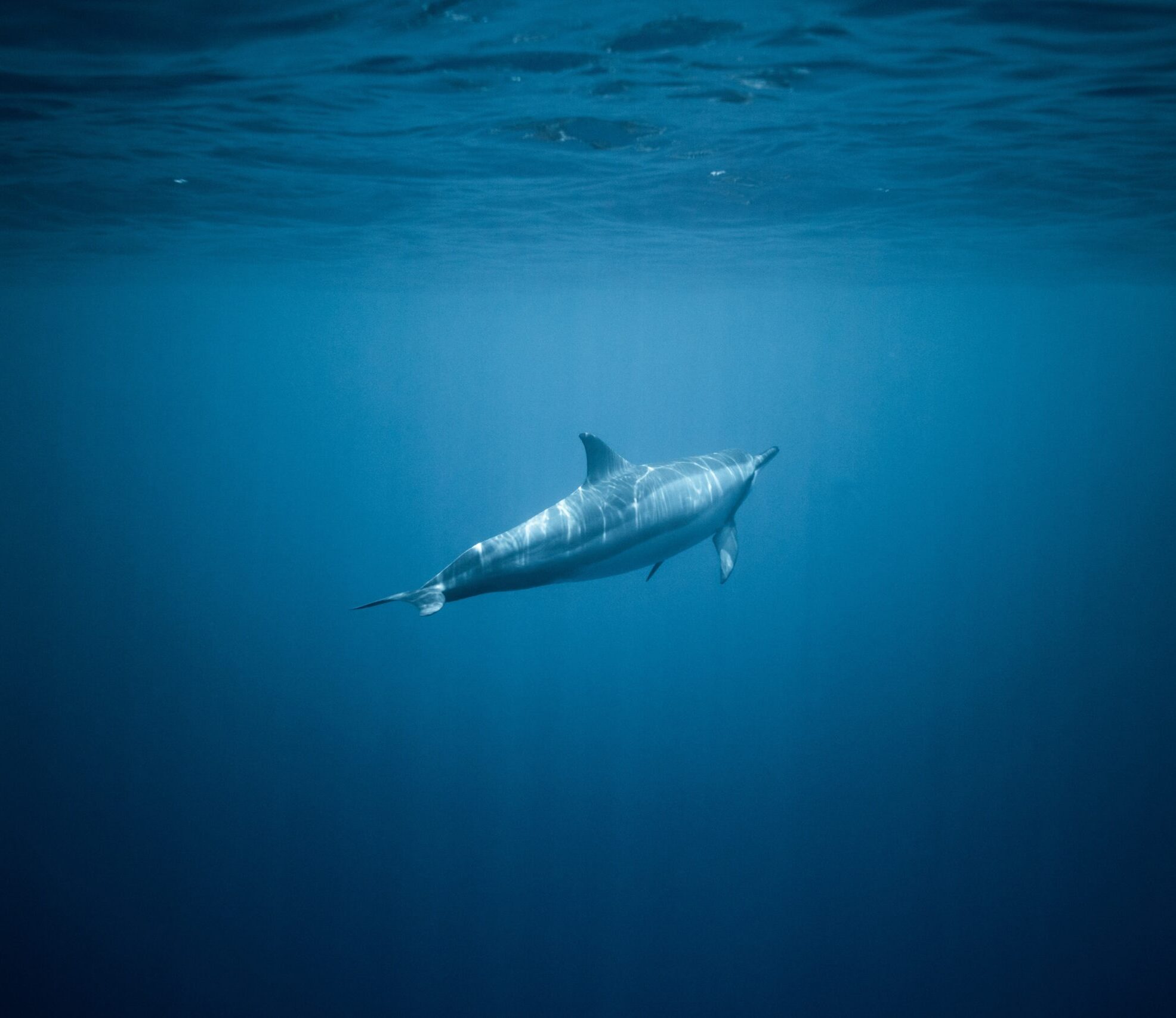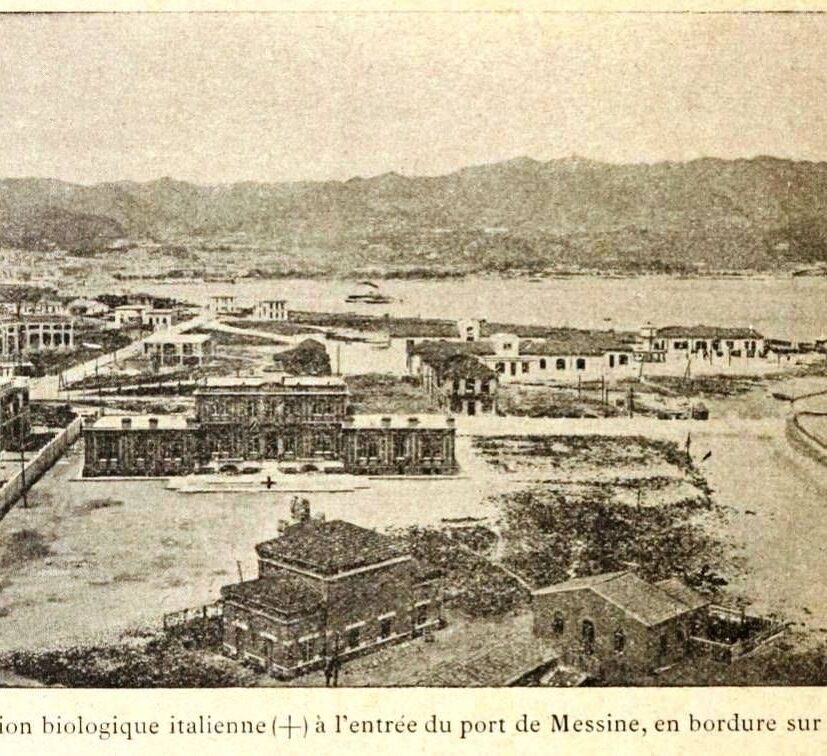Institute

The Institute for Marine Biological Resources and Biotechnology of the National Research Council develops fundamental and applied research activities to study marine organisms, biodiversity and ecosystems and their evolution, in relation to global change and the anthropogenic impact. Through a highly interdisciplinary approach, the main research activities of the Institute focus on the biology and ecology of marine organisms, including alien species, population structure and distribution of fishery resources, sustainable management of fisheries and conservation of resources, marine microbial ecology and microbial biotechnology, fishery technologies and marine bioacoustics, sustainable aquaculture, biodiversity conservation, sea observation and anthropogenic impacts on marine ecosystems. To advance knowledge and innovation in the field of marine sciences, IRBIM CNR operates through a network of research laboratories and infrastructures distributed in four Research Centers and in close collaboration with national and international scientific partners (universities, research institutes), industry, funders and institutions. The Institute was founded in 2018 and consists of a staff of about 180 people, bringing together in its Research Centers technical and administrative staff, scientists and young researchers in training (fellows, research fellows and PhD students) and research associates. IRBIM CNR promotes communication activities, scientific dissemination and public engagement on issues such as the protection and safeguarding of biodiversity and marine ecosystems, the sustainable economy of seas and oceans and the management of their resources. Through the international doctoral program Fishmed we contribute to the training of a new generation of marine researchers with skills in the field of marine biodiversity and management of marine biological resources.
Mission

Our mission is to contribute to scientific and technological research on biodiversity, marine resources and ecosystems and marine biotechnologies, and to the dissemination of this knowledge to contribute to the scientific and cultural progress of the Country. The knowledge produced is made available to support national and European policies, and to promote innovation, sustainability and competitiveness of sectors of the blue economy such as fishery, aquaculture and marine biotechnology. The mission is pursued by the integration of different disciplines and technologies, the involvement of talented researchers, the open and collaborative management of its structures, and the development of research projects through participation in competitive national and international calls and in partnership with main Italian and foreign research centers. IRBIM CNR promotes innovation and technology transfer, the birth of start-ups and spin-offs (Athena Green Solutions) and favors the creation of joint laboratories. Promote and participate in the Fano Marine Center, a joint Research Laboratory for the study of biodiversity, marine resources and blue biotechnologies, that arises from an agreement between the University of Bologna, the University of Urbino, the Polytechnic University of Marche, the Zoological Station Anton Dohrn, the CNR IRBIM and the Municipality of Fano. The FMC is a national and international hub of excellence for integrated, multidisciplinary and cooperative research on marine biodiversity, biological resources and blue biotechnologies, also in support of the blue economy in the Mediterranean Sea. IRBIM CNR promotes and maintains several national and international collaborations with Research Centers and Universities, also through student and researcher mobility programs (including the "Call for international mobility IRBIM CNR" program). IRBIM promotes the freedom and independence of science, dignity and equity, the enhancement of merit and skills to create an environment conducive to research.
History

The Institute for Biological Resources and Marine Biotechnology of the National Research Council was born on 19 September 2018, following the reorganization of the CNR marine Institutes belonging to the Department of Earth System Sciences and Environmental Technologies - DSSTTA . However, the Institute aggregates previously existing Research Centers having great tradition and history in the field of marine science. The Headquarter in Messina was founded over a century ago, on December 10, 1916, as the Central Institute of Marine Biology, following the establishment of the Royal Italian Thalassographic Committee, which was established "with executive functions for the physical-chemical and biological study of the Italian seas." The Ancona Research Center was founded in 1968 as the Fisheries Technology Laboratory, later to become the Institute for Research on Marine Fisheries (IRPEM), and was the first Institute in the Country to deal with fisheries science. The Mazara Research Center was founded in 1982 as the Institute of Technology of Fishing and Fish (ITTP), and has always developed a strong interaction with the homologous Ancona site on fisheries sciences. The Lesina Research Center was founded in 1968 as the Institute for the Biological Exploitation of the Lagoons, and subsequently became the Institute for the Study of Coastal Ecosystems (1996).
FIND OUT MOREDirector
Gian Marco Luna
Director of CNR IRBIM since December 2020 (formerly Acting Director of CNR IRBIM during 2018-2020). Research Director, hired at the CNR in 2011, he obtained a PhD in Marine Biology and Ecology at the Polytechnic University of Marche (2005). He carried out scientific research at UnivPM (2006-2011), then at the CNR ISMAR Institute Main Office in Venice (2011-2016) and later at its Secondary Office in Ancona (2016-2018). He has participated in national and international research projects and scientific expeditions around the globe, and has been a visiting scientist in foreign Research Centers. He is the author of >100 publications including articles in peer reviewed scientific journals, popular articles on marine sciences and book chapters. His research investigates the marine ecosystem and how marine microorganisms affect its functioning, from the coastal area to the abyssal depths, with emphasis on the mechanisms that regulate biodiversity and the response of the marine (micro)biota to human impact and global change.
FIND OUT MORE
